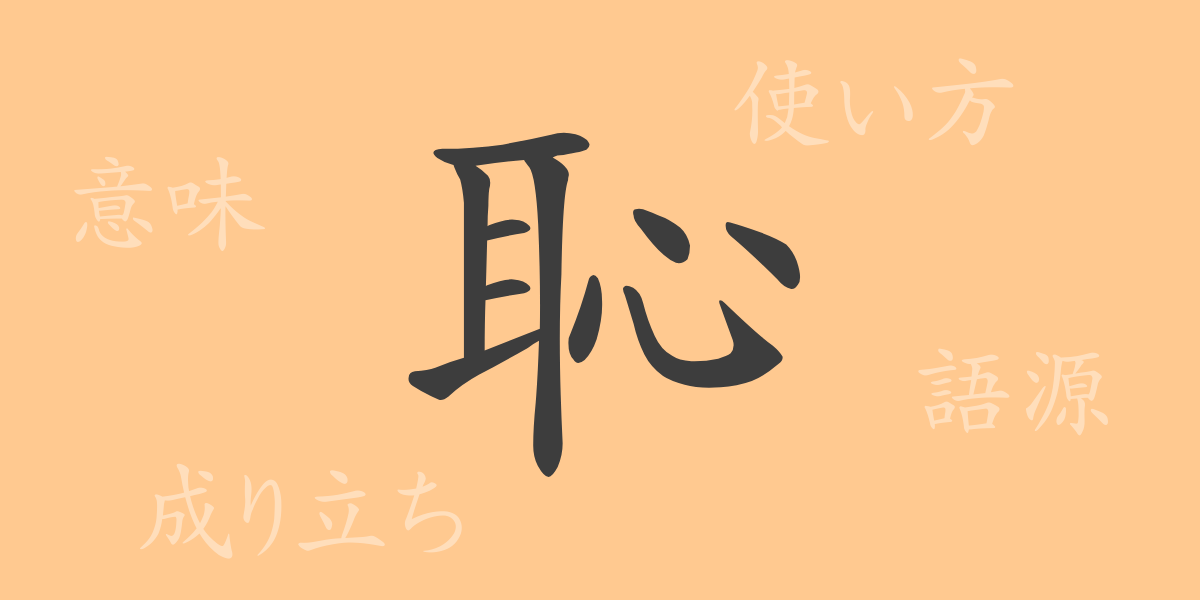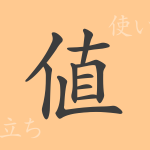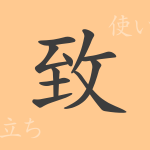Human beings are social creatures, and they experience the emotion of “shame” in interactions with others. This emotion transcends cultures and histories, but it holds particularly profound significance in Japan. In this article, we focus on the commonly used Japanese kanji “恥(はじ) (haji),” exploring its origins, meanings, usages, and related idioms and expressions. We hope this will help readers understand the cultural background and rich expressions associated with the character “恥(はじ) (haji).”
Origin of “恥(はじ) (haji)”
The kanji “恥(はじ) (haji)” is an ancient Chinese character, consisting of the heart radical “心(こころ) (kokoro)” and the ear radical “耳(みみ) (mimi).” This combination symbolizes the emotion of “feeling hurt by others’ words,” indicating the deep connection between the emotion of shame and social evaluation. Additionally, the ear radical turning into “止(し) (shi)” suggests situations where one should stop actions, meaning situations that are shameful.
Meanings and Usages of “恥(はじ) (haji)”
The character “恥(はじ) (haji)” generally signifies feelings of “shame” or “embarrassment.” However, it also extends to imply social evaluation or honor, such as “reputation” and “dignity.” There are two aspects: shame as a reaction to failure or criticism, and self-imposed shame based on moral or ethical standards. The kanji is used to express personal emotions as well as social or cultural norms.
Readings, Stroke Count, and Radical of “恥(はじ) (haji)”
The kanji “恥(はじ) (haji)” has several readings and structural features:
- Readings: On’yomi (音読み) “チ(ち) (chi),” Kun’yomi (訓読み) “はじ (haji),” “はじる (hajiru)”
- Stroke count: 10 strokes
- Radical: Heart radical “心(りっしんべん) (risshinben)”
Idioms, Proverbs, and Expressions Using “恥(はじ) (haji)”
There are numerous idioms, proverbs, and expressions containing “恥(はじ) (haji)” that have guided Japanese emotions and behaviors:
- 「恥の上塗り(はじのうわぬり) (haji no uwanuri)」 – To compound a mistake by repeating it.
- 「恥を知る(はじをしる) (haji o shiru)」 – To recognize and reflect on one’s faults.
- 「赤面恥じる(せきめんはじる) (sekimen hajiru)」 – To blush deeply out of embarrassment.
These expressions show that the emotion of shame plays a crucial role in personal morality and social harmony.
Summary of “恥(はじ) (haji)”
Through this article, we have explored the deep meanings and cultural significance of the kanji “恥(はじ) (haji).” Shame is not just an individual emotion; it is a critical element in recognizing one’s place within a group and maintaining social harmony. It also provides opportunities for self-improvement. For those living in a society, “恥(はじ) (haji)” is a vital emotion for self-reflection and growth.

























